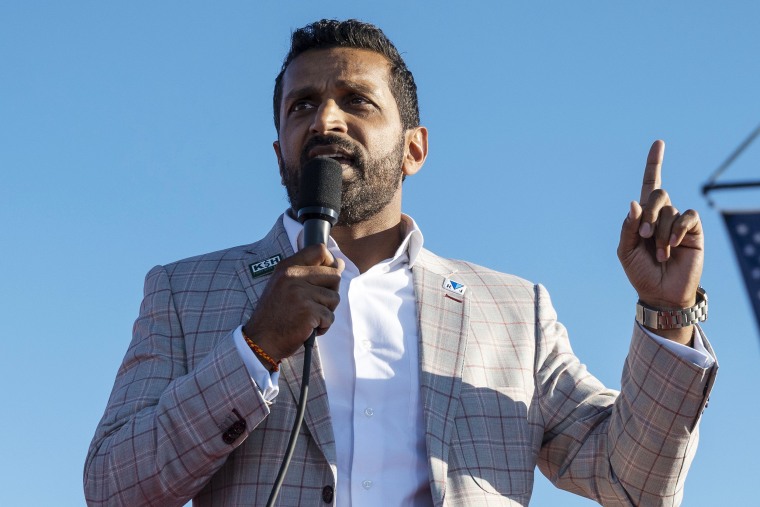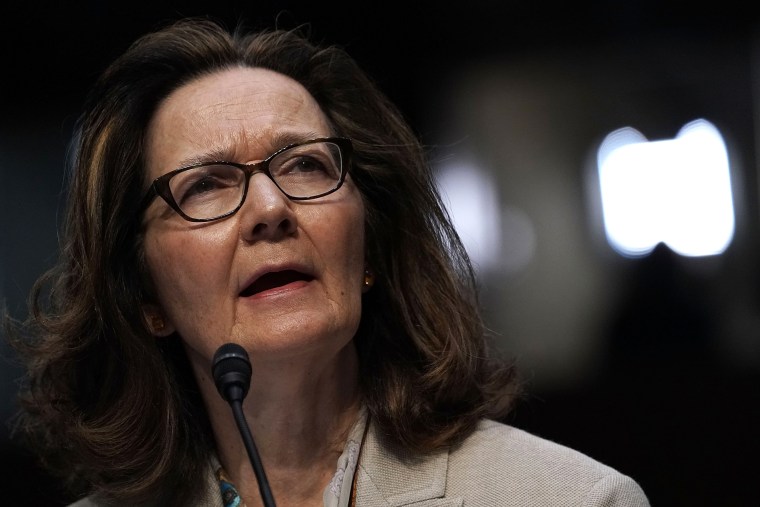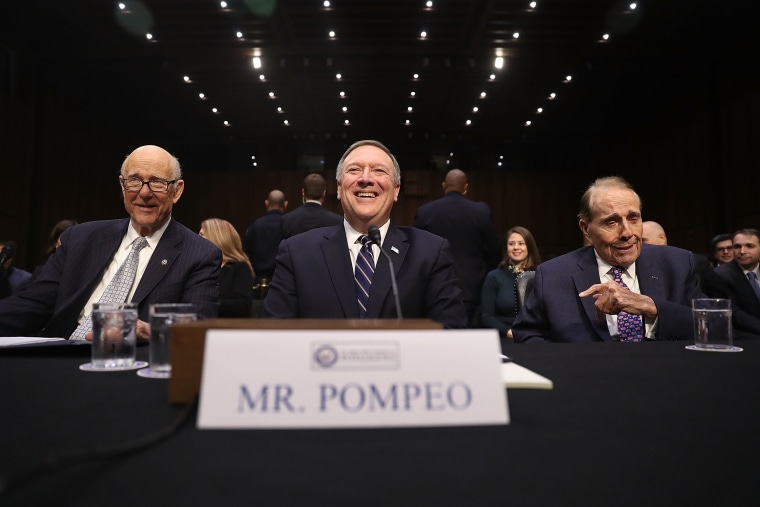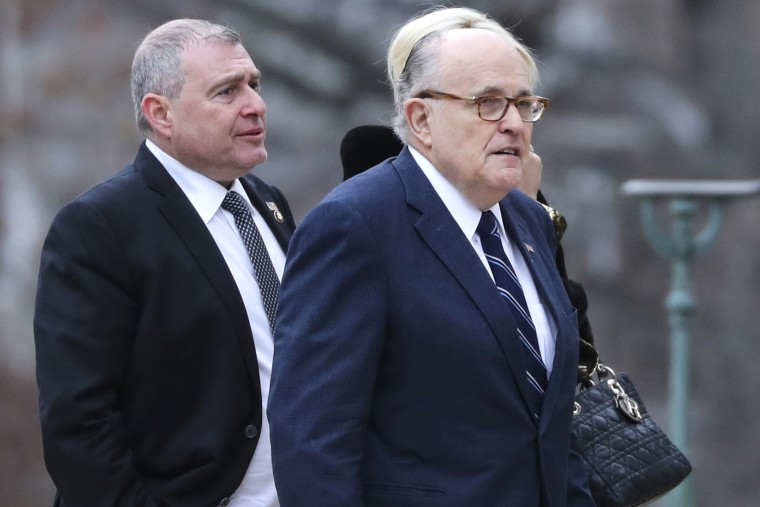On June 6, 1944, the British found themselves suddenly and irrevocably overtaken by their former colony.

Robert Capa / Magnum

Listen to this article
Produced by ElevenLabs and News Over Audio (NOA) using AI narration.
For most Americans, D-Day remains the most famous battle of World War II. It was not the end of the war against Nazism. At most, it was the beginning of the end. Yet it continues to resonate 80 years later, and not just because it led to Hitler’s defeat. It also signaled the collapse of the European empires and the birth of an American superpower that promised to dedicate its foreign policy to decolonization, democracy, and human rights, rather than its own imperial prestige.
It is easy to forget what a radical break this was. The term superpower was coined in 1944 to describe the anticipated world order that would emerge after the war. Only the British empire was expected to survive as the standard-bearer of imperialism, alongside two very different superpower peers: the Soviet Union and the United States. Within weeks of D-Day, however, the British found themselves suddenly and irrevocably overruled by their former colony.
That result was hardly inevitable. When the British and the Americans formally allied in December 1941, the British empire was unquestionably the senior partner in the relationship. It covered a fifth of the world’s landmass and claimed a quarter of its people. It dominated the air, sea, and financial channels on which most global commerce depended. And the Royal Navy maintained its preeminence, with ports of call on every continent, including Antarctica.
The United States, by contrast, was more of a common market than a nation-state. Its tendency toward isolationism has always been overstated. But its major foreign-policy initiatives had been largely confined to the Western Hemisphere and an almost random collection of colonies (carefully called “territories”), whose strategic significance was—at best—a point of national ambivalence.
In the two years after Pearl Harbor, the British largely dictated the alliance’s strategic direction. In Europe, American proposals to take the fight directly to Germany by invading France were tabled in favor of British initiatives, which had the not-incidental benefit of expanding Britain’s imperial reach across the Mediterranean and containing the Soviet Union (while always ensuring that the Russians had enough support to keep three-quarters of Germany’s army engaged on the Eastern Front).
Things changed, however, in November 1943, when Winston Churchill and Franklin D. Roosevelt held a summit in Cairo. The British again sought to postpone the invasion of France in favor of further operations in the Mediterranean. The debate quickly grew acrimonious. At one point, Churchill refused to concede on his empire’s desire to capture the Italian island of Rhodes. George Marshall, the usually stoic U.S. Army chief of staff, shouted at the prime minister, “Not one American is going to die on that goddamned beach!” Another session was forced to end abruptly after Marshall and his British counterpart, Sir Alan Brooke, nearly came to blows.
With the fate of the free world hanging in the balance, a roomful of 60-year-old men nearly broke out into a brawl because by November 1943, America had changed. It was producing more than twice as many planes and seven times as many ships as the whole British empire. British debt, meanwhile, had ballooned to nearly twice the size of its economy. Most of that debt was owed to the United States, which leveraged its position as Britain’s largest creditor to gain access to outposts across the British empire, from which it built an extraordinary global logistics network of its own.
From the April 2023 issue: The age of American naval dominance is over
Having methodically made their country into at least an equal partner, the Americans insisted on the invasion of France, code-named “Operation Overlord.” The result was a compromise, under which the Allies divided their forces in Europe. The Americans would lead an invasion of France, and the British would take command of the Mediterranean.
Six months later, on June 6, 1944, with the D-Day invasion under way, the British empire verged on collapse. Its economic woes were exacerbated by the 1.5 million Americans, and 6 million tons of American equipment, that had been imported into the British Isles to launch Operation Overlord. Its ports were jammed. Inflation was rampant. Its supply chains and its politics were in shambles. By the end of June 1944, two of Churchill’s ministers were declaring the empire “broke.”
The British continued to wield considerable influence on world affairs, as they do today. But after D-Day, on the battlefields of Europe and in international conference rooms, instead of setting the agenda, the British found themselves having to go along with it.
In July 1944, at the Bretton Woods Conference, the British expectation that global finance would remain headquartered in London and transacted at least partially in pounds was frustrated when the International Monetary Fund and what would become the World Bank were headquartered in Washington and the dollar became the currency of international trade. In August 1944, America succeeded in dashing British designs on the eastern Mediterranean for good in favor of a second invasion of France from the south. In September 1944, the more and more notional British command of Allied ground forces in Europe was formally abandoned. In February 1945, at a summit in Yalta, Churchill had little choice but to acquiesce as the United States and the Soviet Union dictated the core terms of Germany’s surrender, the division of postwar Europe, and the creation of a United Nations organization with a mandate for decolonization.
How did this happen so quickly? Some of the great political historians of the 20th century, such as David Reynolds, Richard Overy, and Paul Kennedy, have chronicled the many political, cultural, and economic reasons World War II would always have sounded the death knell of the European imperial system. Some British historians have more pointedly blamed the Americans for destabilizing the British empire by fomenting the forces of anti-colonialism (what D. Cameron Watt called America’s “moral imperialism”).
Absent from many such accounts is why Britain did not even try to counterbalance America’s rise or use the extraordinary leverage it had before D-Day to win concessions that might have better stabilized its empire. The French did precisely that with far less bargaining power at their disposal, and preserved the major constituents of their own empire for a generation longer than the British did. The warning signs were all there. In 1941, Germany’s leading economics journal predicted the rise of a “Pax Americana” at Britain’s expense. “England will lose its empire,” the article gloatingly predicted, “to its partner across the Atlantic.”
The American defense-policy scholar and Atlantic contributing writer Kori Schake recently made a persuasive case that Britain came to accept the role of junior partner in the Atlantic alliance, rather than seek to balance American power, because the two countries had become socially, politically, and economically alike in all the ways that mattered. Britain, in other words, had more to lose by confrontation. And so it chose friendship.
The argument makes sense to a point, especially given how close the United Kingdom and the United States are today. But the remembered warmth of the “special relationship” in the 1940s is largely a product of nostalgia. British contempt for American racism and conformist consumerism seethed especially hot with the arrival in the U.K. of 1.5 million Americans. And American contempt for the British class system and its reputation for violent imperialism equally made any U.S. investment in the war against Germany—as opposed to Japan—a political liability for Roosevelt.
The British elite had every intention of preserving the British empire and European colonialism more generally. In November 1942, as Anglo-American operations began in North Africa, Churchill assured France that its colonies would be returned and assured his countrymen, “I have not become the King’s First Minister in order to preside over the liquidation of the British Empire.”
The British assumed that America’s rise was compatible with that goal because they grossly miscalculated American intentions. This was on stark display in March 1944, just over two months before D-Day, when Britain’s Foreign Office circulated a memorandum setting out the empire’s “American policy.” Given how naive the Americans were about the ways of the world, it said, Britain should expect them to “follow our lead rather than that we follow theirs.” It was therefore in Britain’s interest to foster America’s rise so that its power could be put to Britain’s use. “They have enormous power, but it is the power of the reservoir behind the dam,” the memo continued. “It must be our purpose not to balance our power against that of America, but to make use of American power for purposes which we regard as good” and to “use the power of the United States to preserve the Commonwealth and the Empire, and, if possible, to support the pacification of Europe.”
It is easy to see why members of Britain’s foreign-policy elite, still warmed by a Victorian afterglow, might discount Americans’ prattling on about decolonization and democracy as empty wartime rhetoric. If anything, they thought, Americans’ pestering insistence on such ideals proved how naive they were. Churchill often grumbled with disdain about Americans’ sentimental affection for—as he put it—the “chinks” and “pigtails” fighting against Japan in China, scornful of the American belief that they could be trusted to govern themselves.
And the face America presented to London might have compounded the misapprehension. Roosevelt was expected to choose George Marshall to be the American commander of Operation Overlord, a position that would create the American equivalent of a Roman proconsul in London. Instead, he picked Dwight Eisenhower.
Roosevelt’s reasons for choosing Eisenhower remain difficult to pin down. The president gave different explanations to different people at different times. But Eisenhower was the ideal choice for America’s proconsul in London and Europe more generally, if the goal was to make a rising American superpower seem benign.
Eisenhower had a bit of cowboy to him, just like in the movies. He was also an Anglophile and took to wearing a British officer’s coat when visiting British troops in the field. He had a natural politician’s instinct for leaving the impression that he agreed with everyone. And he offered the incongruous public image of a four-star general who smiled like he was selling Coca-Cola.
He was also genuinely committed to multilateralism. Eisenhower had studied World War I closely and grew convinced that its many disasters—in both its fighting and its peace—were caused by the Allies’ inability to put aside their own imperial prestige to achieve their common goals. Eisenhower’s commitment to Allied “teamwork,” as he would say with his hokey Kansas geniality, broke radically from the past and seemed hopelessly naive, yet was essential to the success of operations as high-risk and complex as the D-Day invasion.
Eisenhower, for his part, was often quite deft in handling the political nature of his position. He knew that to be effective, to foster that teamwork, he could never be seen as relishing the terrifying economic and military power at his disposal, or the United States’ willingness to use it. “Hell, I don’t have to go around jutting out my chin to show the world how tough I am,” he said privately.
On D-Day, Eisenhower announced the invasion without mentioning the United States once. Instead, he said, the landings were part of the “United Nations’ plan for the liberation of Europe, made in conjunction with our great Russian allies.” While the invasion was under way, Eisenhower scolded subordinates who issued reports on the extent of French territory “captured.” The territory, he chided them, had been “liberated.”
The strategy worked. That fall, with Paris liberated, only 29 percent of French citizens polled felt the United States had “contributed most in the defeat of Germany,” with 61 percent giving credit to the Soviet Union. Yet, when asked where they would like to visit after the war, only 13 percent were eager to celebrate the Soviet Union’s contributions in Russia itself. Forty-three percent said the United States, a country whose Air Force had contributed to the deaths of tens of thousands of French civilians in bombing raids.
In rhetoric and often in reality, the United States has continued to project its power, not as an empire, but on behalf of the “United Nations,” “NATO,” “the free world,” or “mankind.” The interests it claims to vindicate as a superpower have also generally not been its imperial ambition to make America great, but the shared ideals enshrined soon after the war in the UN Charter and the Universal Declaration of Human Rights.
Had the D-Day invasion failed, those ideals would have been discredited. Unable to open the Western Front in France, the Allies would have had no choice but to commit to Britain’s strategy in the Mediterranean. The U.S. military, and by extension the United States, would have lost all credibility. The Soviets would have been the only meaningful rival to German power on the European continent. And there would have been no reason for the international politics of national prestige and imperial interest to become outmoded.
Instead, on D-Day, American soldiers joined by British soldiers and allies from nearly a dozen countries embarked on a treacherous voyage from the seat of the British empire to the shores of the French empire on a crusade that succeeded in liberating the Old World from tyranny. It was a victory for an alliance built around the promise, at least, of broadly shared ideals rather than narrow national interests. That was a radical idea at the time, and it is becoming a contested one today. D-Day continues to resonate as much as it does because, like the battles of Lexington and Concord, it is an almost-too-perfect allegory for a decisive turning point in America’s national story: the moment when it came into its own as a new kind of superpower, one that was willing and able to fight for a freer world.









